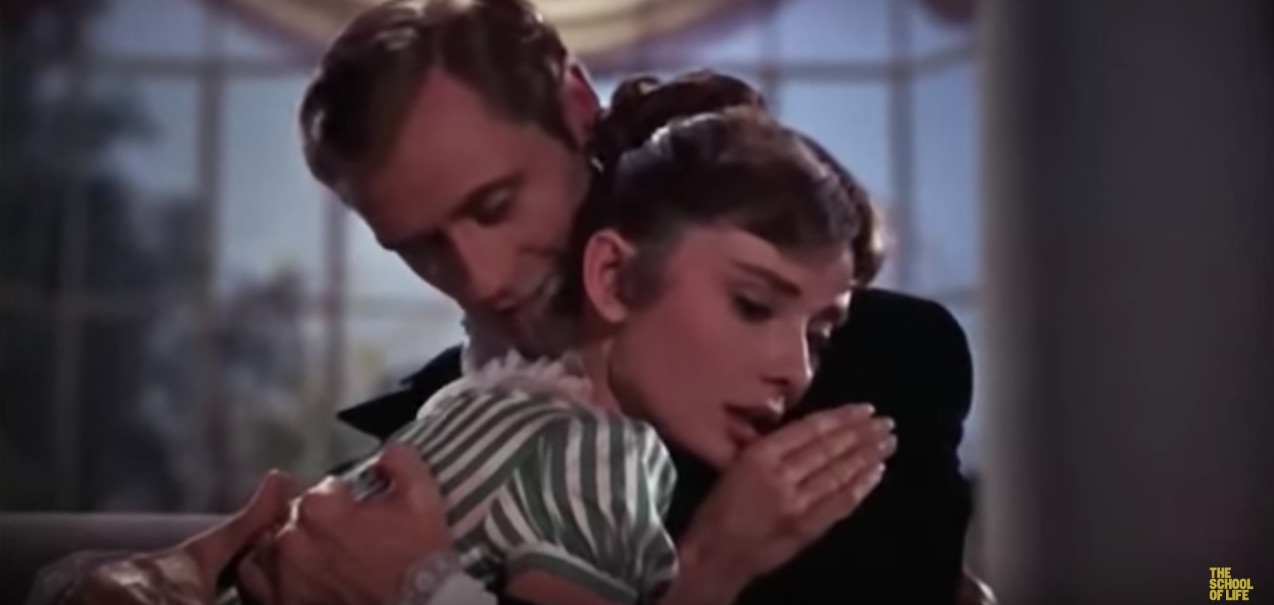I will never know everything about you. And you won’t know me. It’s impossible to know what it’s like to truly be someone else, to know why they are afraid of what they are, why they worry about what they do, and why they want what they do. The entire aggregation of all the feelings and experiences that someone has gone through their life is, and will only ever be, known to them. So you won’t ever truly know and understand your closest friend, you parents, your brother or sister, or some new friend or partner.
But we can try. Through conversation.
And how can we try to get them to know and understand us?
By being honest, vulnerable and not being afraid to appear stupid or clueless.
Through honesty and vulnerability, it’s the way that we’ll let people in, and give them the best chance of knowing us, and what we want, and why what appears to make no sense to them, or anyone else, but makes complete sense to us.
What’s Natasha in Tolstoy’s War and Peace got to do with it?
The absurdity of not knowing others is why, from the outside, we can not understand why Natasha in War and Peace forfeits a life of security, luxury and everything a young Russian girl could ever ‘want’ in the wealthy Andrei, for a riskier, more volatile, but perhaps more adventurous, personally fulfilling (and alive) life with the unpredictable Anatol.
If we imagine, and try to understand others from within them, we may see that they also are much more similar to us, and even have similar concerns and worries and fears and motivations we do.
